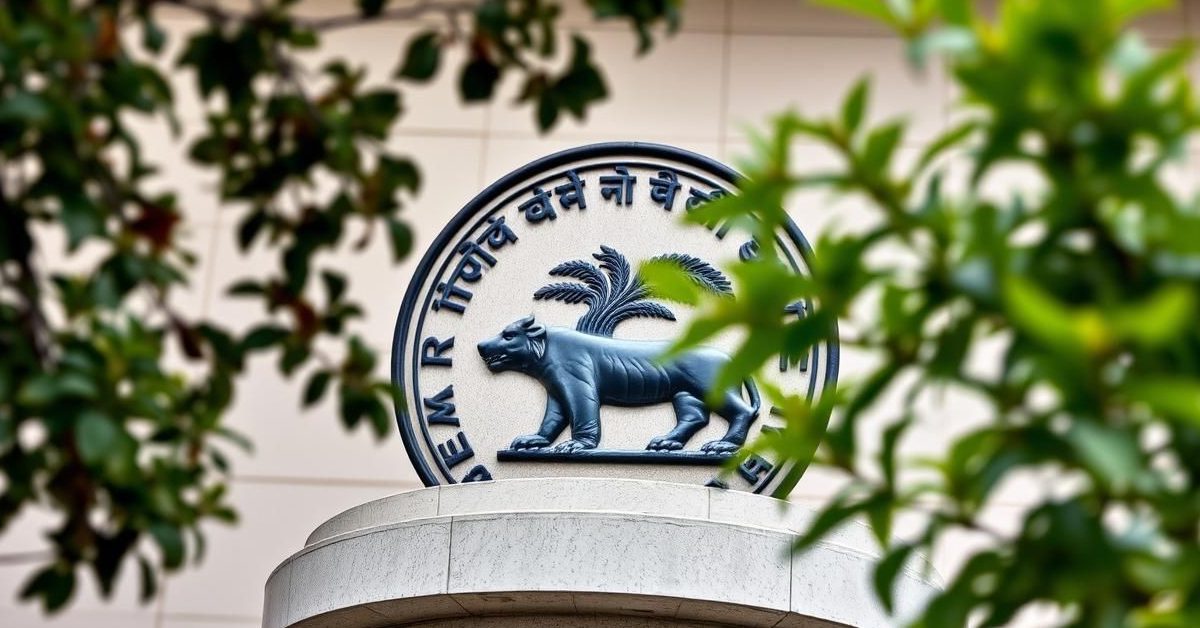The Indian government is currently prioritizing digital initiatives like ONDC, which means a separate national retail policy is taking a backseat for now.
Why a New Retail Policy Isn’t a Priority
Officials suggest that a dedicated national retail policy isn’t a top concern right now. This is because the government is already making various interventions, acting on a regular basis to support the sector.
Key actions include setting up the National Traders Welfare Board and launching the Open Network for Digital Commerce (ONDC). These initiatives are seen as effective ways to address the needs of retailers, making a new overarching policy less urgent.
What a Draft Policy Aimed For
Back in 2023, the Ministry of Commerce and Industry had a draft National Retail Trade Policy in the works. This policy was developed after talking to state governments and major industry groups.
Its main goal was to make it easier for retailers to do business in India. This included reducing the burden of compliance, improving access to credit, and decriminalizing minor offenses.
The draft also focused on streamlining licensing requirements and inspections. The idea was to create a single-window system for public service delivery, simplifying processes for retailers across the country.
India’s Massive Retail Sector
India’s retail sector is a significant part of its economy. It contributes nearly 12 percent to the Gross Value Added (GVA) to the overall GDP. This makes retail the third-largest sector in the country.
The Challenges Without a Unified Policy
Despite its importance, experts point out that India lacks a single, comprehensive policy that covers all types of retail. This creates inconsistencies and “pockets of imbalance” between different retail formats.
While some states like Maharashtra, Andhra Pradesh, and Karnataka have their own policies, many others are still operating under outdated and unclear rules. This fragmented approach can hinder the sector’s growth and modernization.
A unified national policy has been seen as a crucial and urgent need. It could help bring consistency and clarity across all states, benefiting businesses and consumers alike.
Benefits of Modernization
A national policy could encourage the modernization of retail operations. This includes standardizing back-end infrastructure development, offering financial assistance, and providing tax breaks. Better access to capital would also be a major boost.
Such modernization efforts are expected to lead to more efficient supply chains and improved labor productivity. Ultimately, these changes could result in savings for everyday customers.
- The government prioritizes existing digital initiatives like ONDC over a new national retail policy.
- A previous draft policy aimed to simplify business for retailers and streamline regulations.
- India’s retail sector is a significant economic contributor, accounting for nearly 12% of the GVA.
- Without a unified national policy, the sector faces challenges from inconsistent and outdated state-level regulations.
The ongoing interventions are shaping India’s retail landscape, even as discussions continue about the long-term benefits of a comprehensive national strategy.














